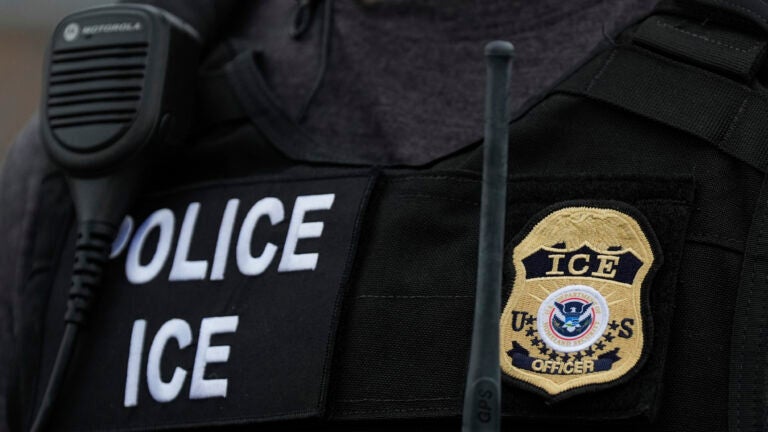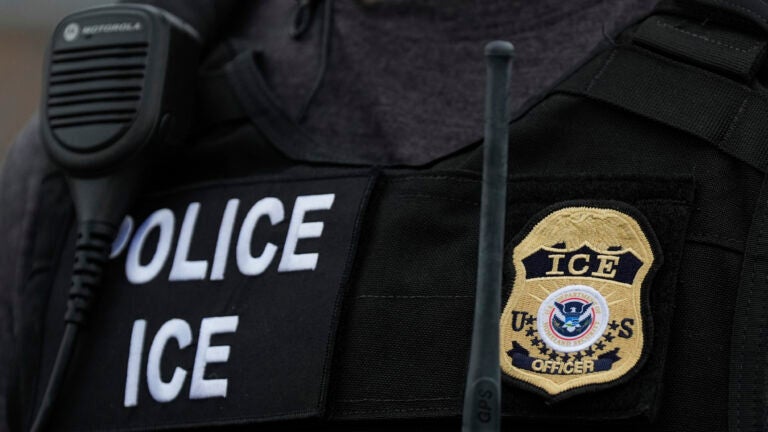A simple question about paperwork has sparked an unexpected controversy between Boston Police Department and federal immigration officials. As reported by Boston.com, when asked about immigration detainer requests received in 2024, the two agencies provided dramatically different numbers – BPD counted 15, while Immigration and Customs Enforcement (ICE) insisted on 198.

At the heart of this 183-request discrepancy lies an old-fashioned fax machine. According to BPD spokesperson Mariellen Burns, ICE continues to send their detainer requests exclusively via fax to district stations, despite the department’s January 2023 request to also use a central email address for better tracking.
“BPD has documented a total of 15 ICE detainer requests received via facsimile in 2024, but acknowledges that DHS may have different information,” Burns explained. The department’s attempts to modernize this communication channel have so far gone unanswered, as ICE has not adopted the suggested email system.
The timing of this communication confusion is particularly significant, as it comes just before President-elect Donald Trump returns to office. The incoming administration has promised increased immigration enforcement activities, making accurate tracking of inter-agency communications more crucial than ever.
While the numbers don’t match, both agencies agree on one point: none of the detainer requests – whether 15 or 198 – resulted in action by Boston Police. This aligns with the Boston Trust Act, which prohibits police from detaining individuals solely on civil immigration detainer requests after they’re eligible for release from custody.
ICE spokesperson Yolanda Choates noted that all requests concerned individuals arrested for “egregious criminal activity,” while criticizing non-cooperation laws. Meanwhile, Mayor Michelle Wu defended the Trust Act, arguing it enhances public safety by ensuring immigrants can engage with local law enforcement without fear of deportation.
City Councilor Ed Flynn has called for clarification on the numerical disparity, requesting a meeting between BPD Commissioner Michael Cox and ICE officials. The matter is scheduled for discussion at Wednesday’s City Council meeting, where the focus will likely be on establishing more reliable communication methods between the agencies.
The situation highlights how something as simple as choosing a communication method can have significant implications for inter-agency cooperation and public policy implementation. As Boston’s City Council recently reaffirmed its support for the Trust Act, establishing clear and accurate tracking of these requests becomes even more essential.

